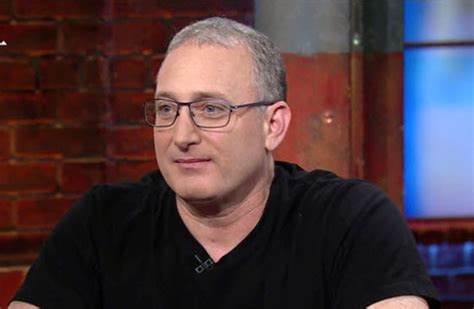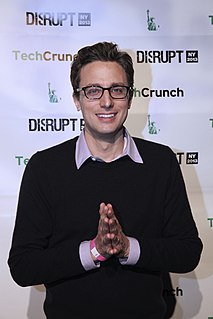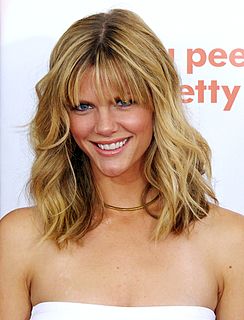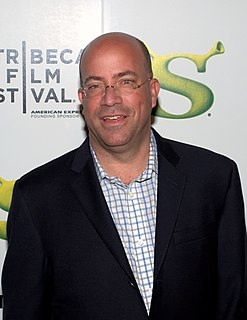A Quote by Noam Bardin
Advertisers want to get to mobile, and they don't want banner ads.
Related Quotes
Oh, that God would raise up missionaries. I don't wish the same things your parents want for you. They want for you security and insurance and nice homes. They want for you cars and respect. I want for you the same thing I want for my son, that one day he takes a banner, the banner of Jesus Christ, and he places it on a hill where no one has ever placed a banner before, and he cries out, 'Jesus Christ is Lord,' even if it costs my son his life.
Advertisers don't want to be ignored, and they are drunk on our data, which is what Google and other large networks are really selling. The ads are almost a by-product; what companies really want to know is what antiperspirant a woman of 25-34 is most likely to purchase after watching 'House of Cards.'
The prevalence of mobile homes does not correspond with the prevalence of poverty, or with much of anything else. All that can be confidently said about America's mobile homes is that they are massed in places where you wouldn't want to be in one. Florida's mobile homes lie athwart the path of hurricanes. Georgia's are in the way of tornadoes.
































